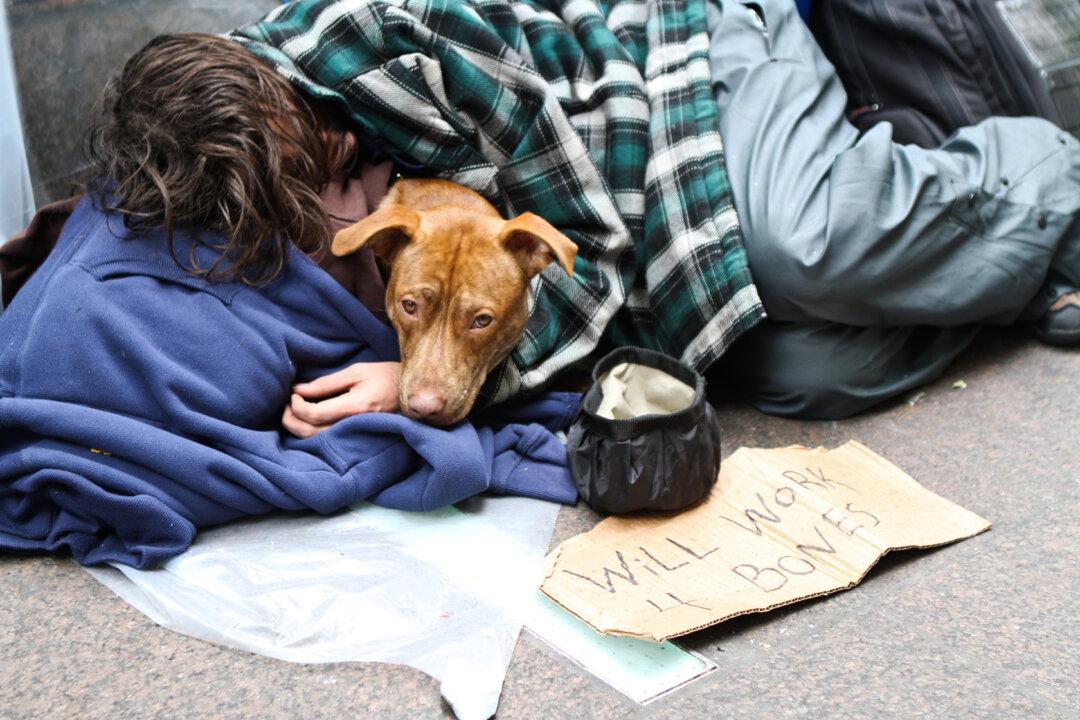While homelessness itself is not a crime, many city and state laws in America effectively criminalize just about every behavior of people who find themselves living on the streets.
New York City has thousands of people living on the streets, which doesn’t include the over 60,500 people who spend the night in shelters, according to Coalition for the Homeless statistics. For people who find themselves without a roof of any kind, they have few options.
Anyone caught sleeping on sidewalks, can be charged with “obstructing pedestrian traffic,” a violation under the general charge of “disorderly conduct” under the New York state penal code. If arrested, the maximum term of imprisonment is 15 days.
Anyone caught sleeping on sidewalks, can be charged with obstructing pedestrian traffic.





